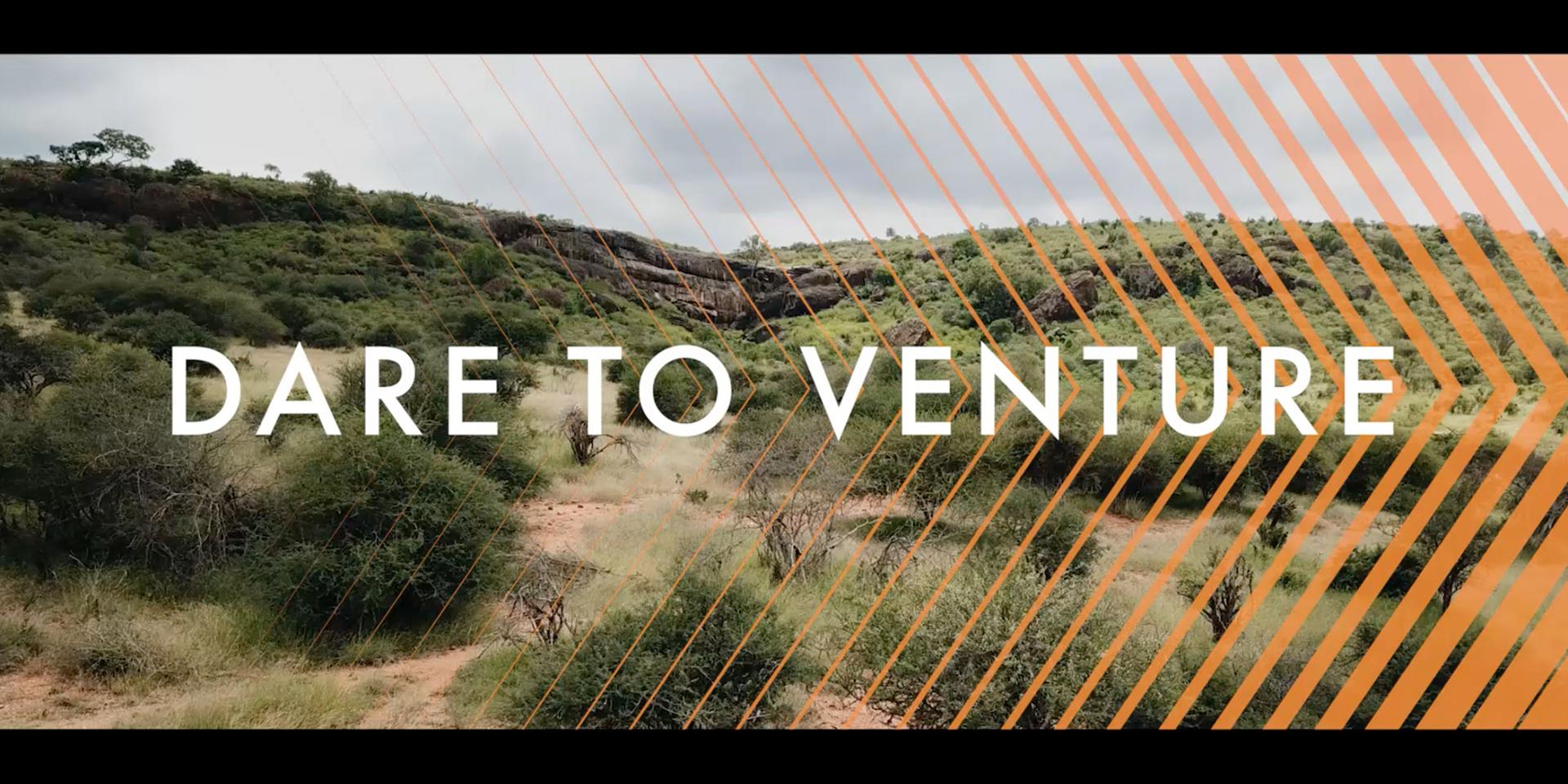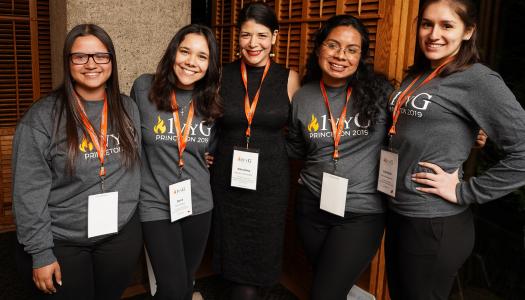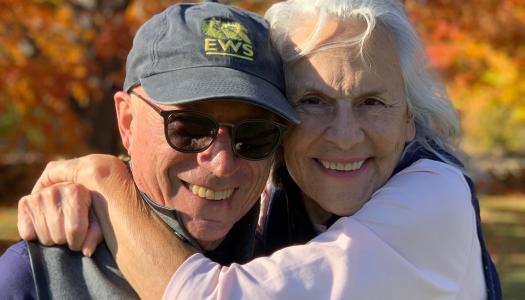With Venture Forward, Princeton University is embarking on a new engagement and fundraising campaign dedicated to sharing Princeton’s defining principles and their impact on the world. To support the launch of the campaign, the “Dare to Venture” video series introduces Princeton faculty and alumni who are daring to ask the questions that can vault us from the present to the possible.
The first “Dare to Venture” video introduces four Princeton voices: Robert Pringle, professor of ecology and evolutionary biology; Morgan Smith ’21; Kelton Chastulik ’21, and Mona Singh, professor of computer science and the Lewis-Sigler Institute for Integrative Genomics. Subsequent videos will focus on each individual and delve deeper into their work.
Robert Pringle is asking: “What if we used DNA sequences to understand and restore balance in damaged ecosystems? Could we bring a broken landscape back within our lifetime?” At the Mpala Research Centre in Kenya and Gorongosa National Park in Mozambique, Pringle and other Princeton researchers are studying the ripple effects that go through an ecosystem when species suffer population decline.
With advanced satellite and DNA technology that can analyze animal movements and diets, his team can better understand how nature is organized — and how it might be repaired. “The conservation vision that moves me is the notion that we can actually rebuild some of these wilderness areas — spots that are culturally important, ecologically important, important for climate stabilization and important for biodiversity,” Pringle said. “It is very hopeful, and we have a small but growing number of success stories.”
Morgan Smith ’21 is asking: “What if justice was something everyone was guaranteed?” At Princeton, Smith became the first Black president of the American Whig-Cliosophic Society, helped organize Vote100 registration efforts around the 2020 election, and interned with the Eastern District Court of New York. Upon graduation, she was elected as a Young Alumni Trustee on the University’s Board of Trustees. “My love for Princeton came through service,” Smith said. “I really began to develop a sense of self through what I can do for others.”
As a program coordinator for Chicago Volunteer Legal Services, she now provides administrative aid and support to the most vulnerable citizens: children. In guardianship cases and family law matters, Smith manages the documents and data around cases so that minors are represented by capable and prepared volunteer attorneys. “I get a visceral enjoyment from knowing that I’m doing work to help,” Smith said.
Kelton Chastulik ’21 is asking: “What if we created real opportunities in rural communities?” His hometown of Chambersburg, Pennsylvania, is a predominantly blue-collar town tucked halfway between Pittsburgh and Philadelphia. He thrived at Princeton, as a student-athlete and an active member of the FLI (first-generation, lower income) student community. After graduation, he accepted a position as a college/career adviser for College Advising Corps with one condition — the job had to be in Chambersburg.
Now he’s working with students from his former high school, coaching football and contributing to the community. “I get to work with so many amazing folks, from local politicians to business owners to nonprofit workers to the young students I’m advising,” Chastulik said. “Getting students to see that Chambersburg is just as good a place as anywhere, and helping them grow into the best athlete, the best student, the best people they can be — that’s really exciting.”
Mona Singh is asking: “What if we could harness the power of computers to help cure disease?” Her team of Princeton computer scientists develops algorithms, machine learning methods and statistical methods that identify disease genes and analyze protein networks to help predict the impact of cellular mutations that can lead to diseases like cancer.
Tumors may have thousands of mutations but only a few of them are relevant for cancer initiation or development. “Computational biology is trying to pinpoint what those important mutations are and what those important genes are,” Singh said. “The idea is if you know what those potential disease-driving genes are, you can target them with therapies.”
Venture Forward supports the University’s strategic plan, and the campaign’s impact areas for alumni engagement and philanthropic support include college access and affordability, financial aid, data science, bioengineering, the environment, American Studies, and other important areas of inquiry that underscore Princeton’s commitment to the liberal arts.
The full Princeton community will be engaged in Venture Forward throughout the campaign via social media, online events, and campus and regional events. On Oct. 22, the Alumni Council will launch Orange and Black Day, a new digital tradition for Princetonians to show their Tiger pride on social media.
To see how you can Venture Forward, visit alumni.princeton.edu/venture, follow @PrincetonAlumni and @Princeton, and use #VentureForward and #ForwardTogether. View the video to the end and using the QR code, register before Oct. 31 to receive a commemorative gift.



